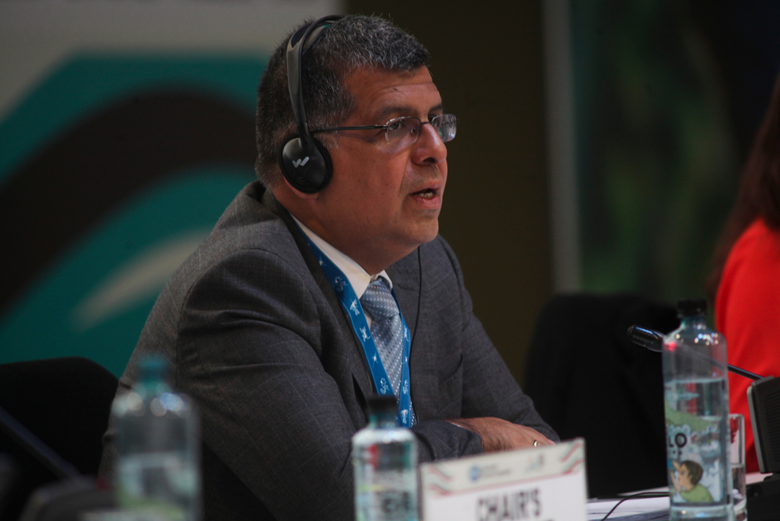Cutting the Waste: A Recipe for a Sustainable Future

The reduction and prevention of food waste require a holistic approach that involves individuals, businesses, governments and communities.
In a world where food security, sustainability and resilience are paramount concerns, the need to strengthen our agri-food system has never been more pressing. The global food system continues to evolve, becoming more complex and challenging to manage effectively. Climate change, resource constraints and the complexity of the food chain are only some of the ways in which the global system affects food security. These factors, combined with growing inequities, keep challenging the capacity of agri-food systems to deliver nutritious, safe and affordable food for all.
The Food and Agriculture Organization of the United Nations reports that about 29.6 percent of the world’s population or 2.4 billion people were moderately or severely food insecure in 2022—that is, 391 million more than in 2019.
With food insecurity affecting such a large number of the population, it is about time we address the alarming issue of food waste and losses. The UN says that around 13 percent of food produced worldwide is lost between harvest and retail, while an estimated 17 percent of total global food production is wasted in households, in the food service and in retail all combined. It is estimated that 1.3 billion tons of food gets lost—food that could feed 1.26 billion hungry people each year. Cutting this waste by half also cuts by half the amount of people who are moderately or severely food insecure. Such a rational exercise could make a world of difference in people’s lives.
Food waste occurs at various stages of the supply chain, from farm to fork, and its environmental, economic and social implications are profound. In addition to the ethical dilemma of wasting food while millions go hungry, food waste contributes significantly to greenhouse gas emissions and environmental degradation. Additionally, the resources invested in producing, processing and transporting the discarded food go to waste, intensifying the strain on our planet's limited resources. The UN further estimates that food lost and waste accounts for 38 percent of total energy usage in the global food system.
At the recent Policy Partnership on Food Security (PPFS) meeting in Lima, members reaffirm their commitment to implementing measures and tools that will help achieve sustainable food systems, improve nutrition and food security for the population—especially those who are most vulnerable—and help agrarian producers improve their conditions, taking into consideration the social and economic context that we are going through at a global level.
Under one of the priorities for APEC Peru 2024 on sustainable growth for resilient development, which seeks to promote food security and sustainable and inclusive growth in the economies of the region, the PPFS will continue its work based on the objectives and goals established in the Food Security Roadmap to 2030 and its Implementation Plan, as well as the APEC Putrajaya Vision 2040 and the Aotearoa Plan of Action.
The task of the PPFS under Peru’s leadership will be focused on undertaking the implementation of collective actions among economies that promote the reduction and prevention of food waste and losses in the Asia-Pacific region.
We will be working on the development of principles to reduce and prevent food losses and waste. Our aim is to establish a guiding framework that can support APEC economies to design and implement effective policies to reduce and prevent food losses and waste, strengthening their food systems.
These principles will incorporate key elements, including the use of technology and innovative approaches; gathering disaggregated data; domestic supply chain management strategies; public-private partnership; governance and institutionality; and education, awareness and capacity building.
Finally, the reduction and prevention of food waste require a holistic approach that involves individuals, businesses, governments and communities. It is a social and environmental necessity, and an economic opportunity. To this end, we seek to strengthen the private sector's participation through greater involvement of the APEC Business Advisory Council not only in the execution of the deliverables, but also in the implementation of the activities planned for this year.
By working together to build a more sustainable and responsible food system, we can ensure that our planet's resources are used wisely, and no one goes to bed hungry.
***
Víctor Hugo Parra Puente is the chair of APEC Policy Partnership on Food Security.

